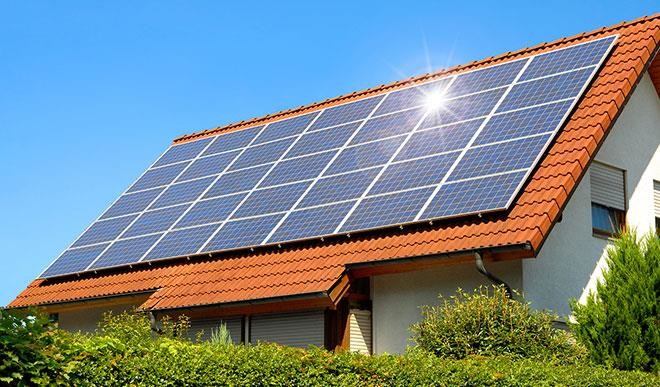Japan commissions $9.7m solar power plant at Abuja dam
The government of Japan through its International Co-operation Agency (JICA) has commissioned the second phase of the 1.2 megawatt solar power plant in Abuja worth $9.7 million. The project, tagged ‘Introduction of Clean Energy by Solar Electricity Generation System’ was to supply electricity to the Lower Usuma Dam’s water treatment plant. The first phase was […]


The government of Japan through its International Co-operation Agency (JICA) has commissioned the second phase of the 1.2 megawatt solar power plant in Abuja worth $9.7 million.
The project, tagged ‘Introduction of Clean Energy by Solar Electricity Generation System’ was to supply electricity to the Lower Usuma Dam’s water treatment plant. The first phase was launched in August 2016.
Speaking at the commissioning ceremony in Abuja, the deputy head of Japan mission, Mr Mosaya Otsuka, said the clean energy generated from the solar PV system would save the dam N31.5 million electricity bills for a year.
The power sector, he said, has been among priorities in Japan’s development co-operation in Nigeria, adding “This is our 10th project for Nigeria’s power sector since 1970.”
He expressed hope that the project would initiate closer co-operation between the two countries “for our fight against climate change.”
Otsuka said the solar project affirms the country’s commitment to continue providing more support in this important sector of the economy.
In his remarks, the Minister of Power, Works and Housing, Babatunde Fashola, said the commissioning of the project would serve as a guide for development of solar power plants across the country.
He tasked private investors to look into replicating the project across the country, assuring of federal government’s commitment towards providing enabling environment for investors of power generation and supply.
Earlier in his remarks, the country representative of JICA, Hirotaka Nakamura, charged the FCT Water Board, the project’s beneficiary, to ensure proper maintenance of the facility.
“If covered by dust, its output will be reduced by more than 15% which is equivalent to millions of Naira in a year,” he said.
